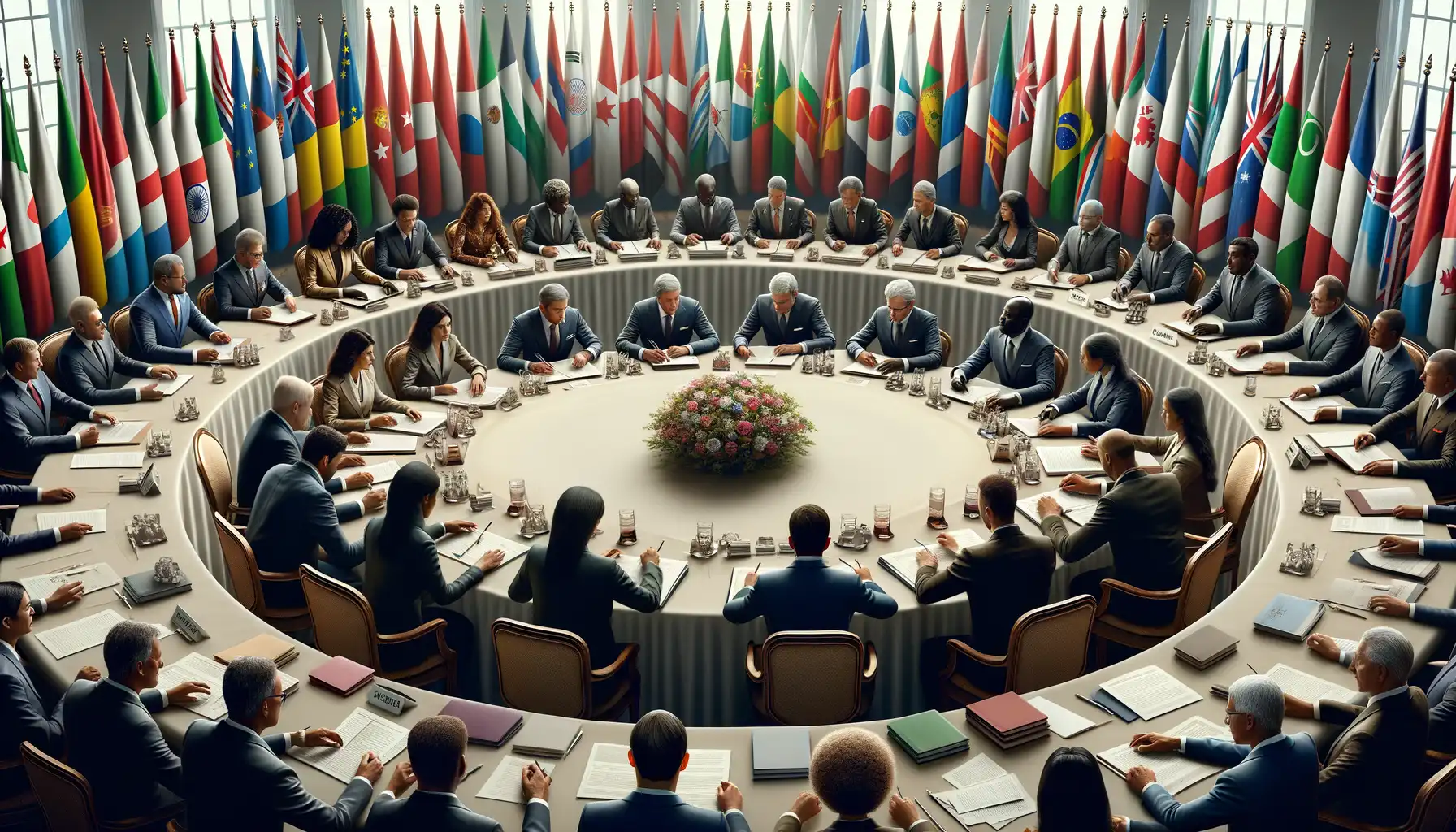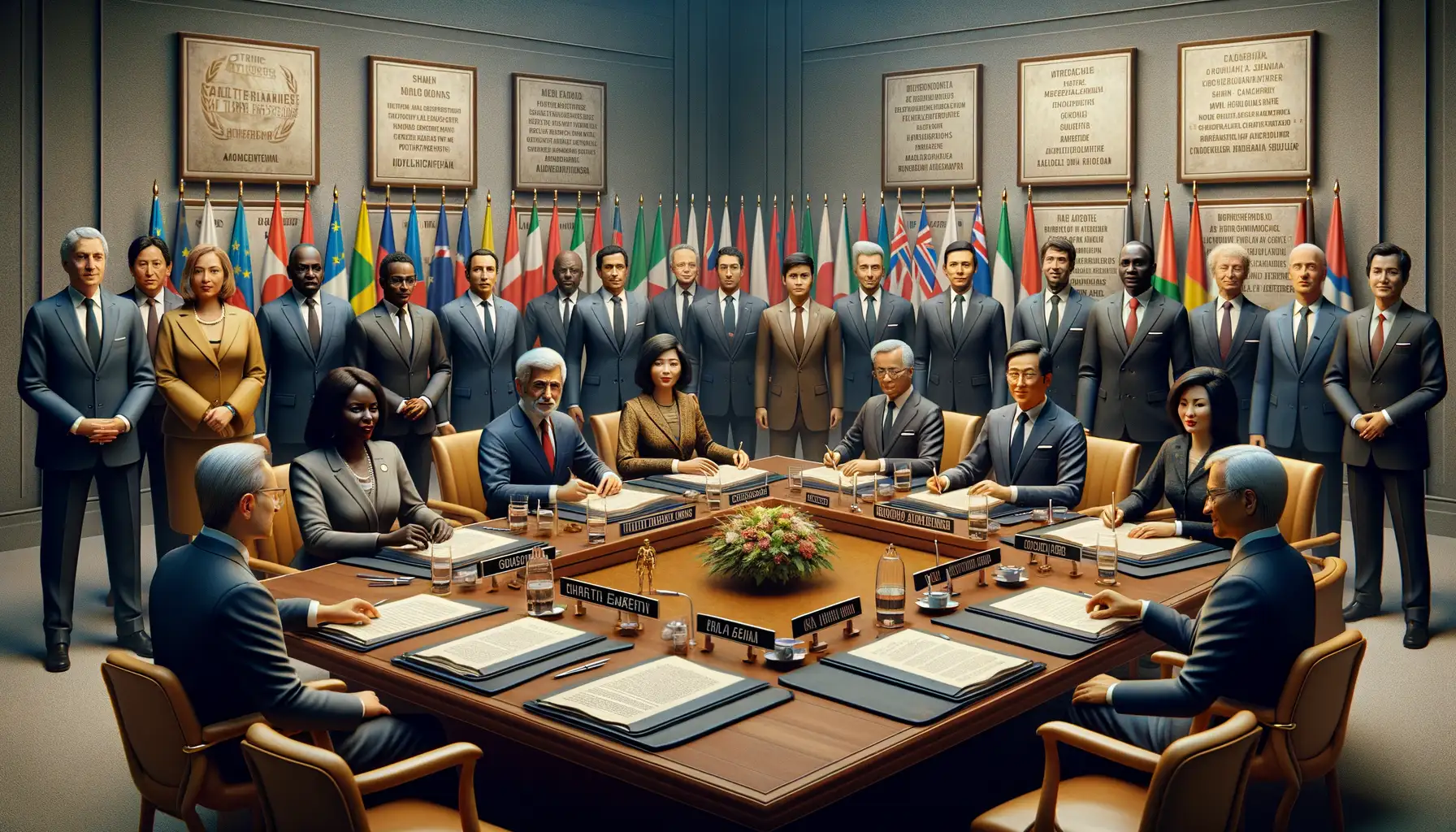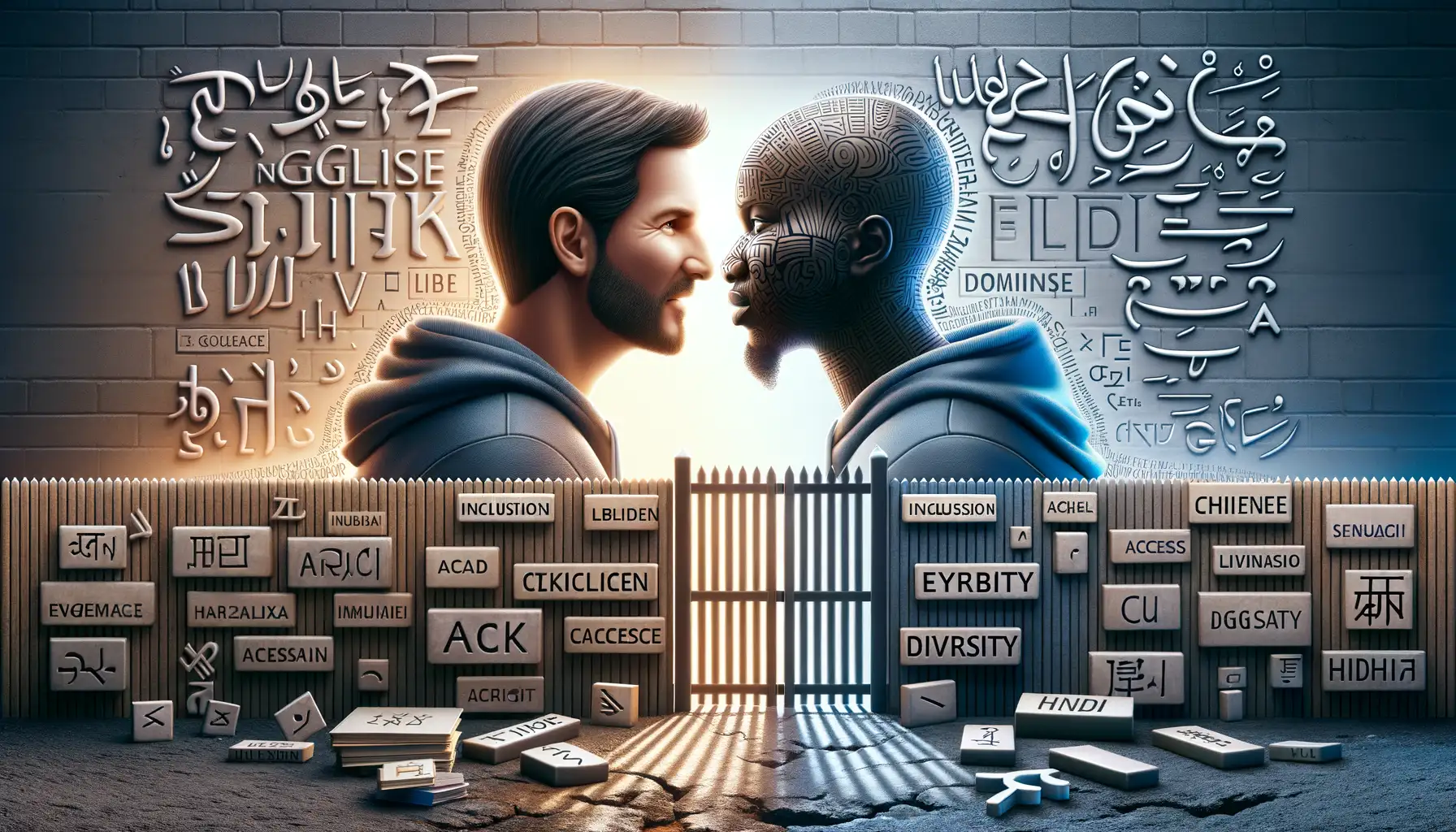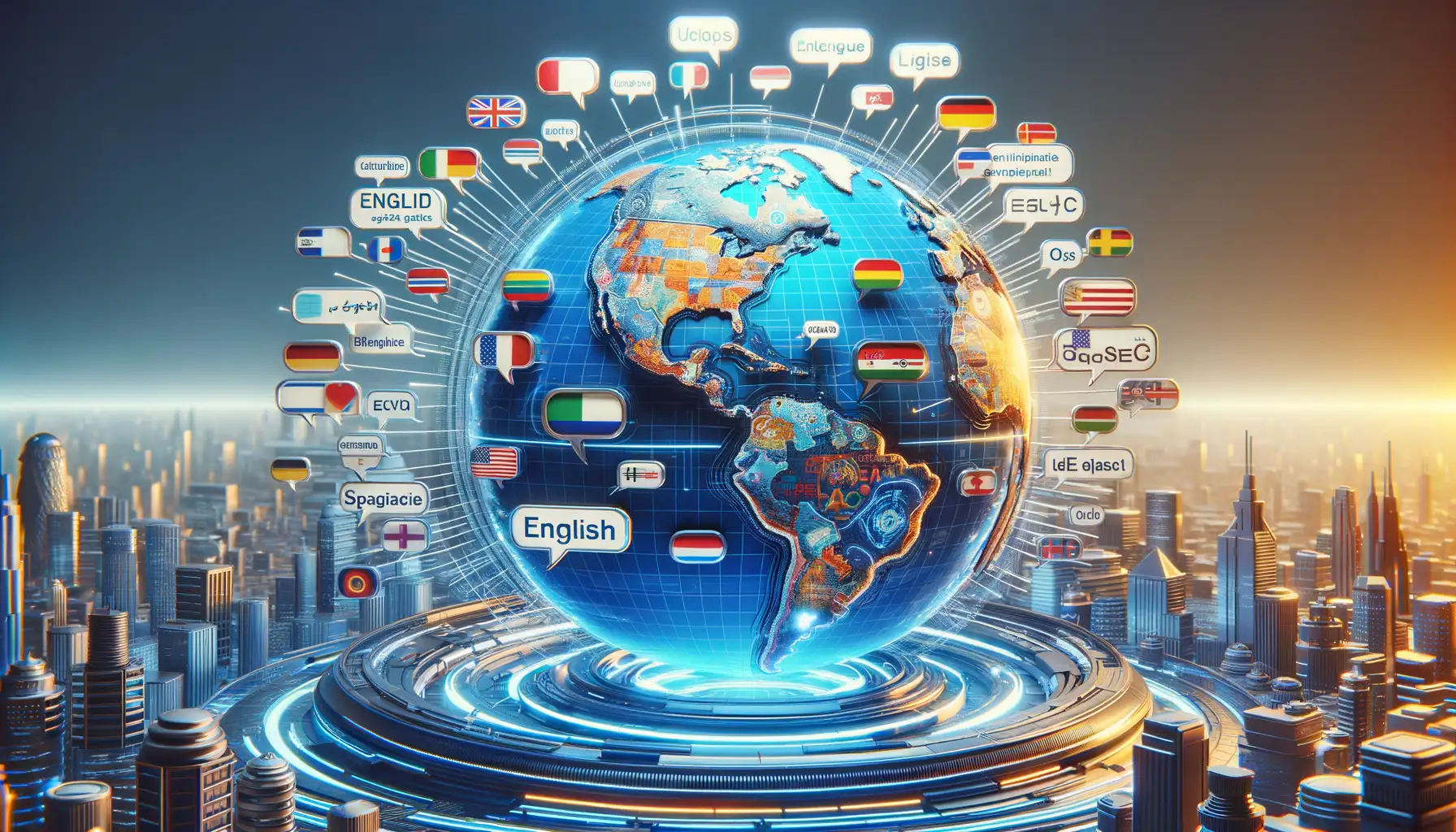Historical Context of English as a Global Language
How English Took Center Stage
Imagine a stage where nations are performers, and the spotlight constantly shifts. How did English come to dominate this global theater? The story isn’t straightforward—it’s one of power, exploration, and relentless adaptability.
When the British Empire stretched its hand across continents, it wasn’t just claiming lands; it was planting seeds of language. From the bustling markets in India to the shores of Africa, English became more than words—it was a passport for trade, governance, and status. But the plot thickened post-empire. The rise of America as a superpower in the 20th century fueled English with an entirely new energy. Think of Hollywood captivating hearts, U.S. corporations like Microsoft shaping technology, and the emergence of international news in English—a perfect cocktail for global reach.
- The invention of the telegraph made real-time communication possible—guess which language dominated?
- After World War II, institutions like the UN and NATO cemented English as their working language, giving diplomacy a shared tongue.
So, while wars shaped borders, it was the quiet persistence of English that united minds, businesses, and cultures. Isn’t that fascinating?
English as the Lingua Franca in Diplomacy

A Common Tongue for Global Negotiations
Picture this: a room filled with delegates from every corner of the world, each carrying the weight of their nation’s hopes on their shoulders. Though their accents may vary, there’s one thing tying them together—English. In the intricate dance of diplomacy, English has become the thread stitching together global conversations. Why? Because it’s practical, efficient, and oddly poetic when wielded to build bridges.
Diplomatic discussions thrive on precision. The exact meaning of a word can change the fate of an agreement. From UN Security Council meetings to bilateral trade talks, English ensures negotiators speak in unison—at least linguistically. Imagine translating “peace” into 193 languages before passing a resolution! That’s a diplomatic traffic jam nobody wants.
- NATO communications: English is the operational language. Strategies are planned, pilots coordinated—all seamlessly.
- Historic accords: The Paris Agreement, GATT, and countless others were negotiated in English, streamlining complex ideas into shared understanding.
Yet, let’s be honest. It’s not just about logistics; it’s also about trust. A shared language softens misunderstandings. It transforms the coldness of protocol into something warmer—human. And in a world of titles, borders, and egos, that warmth truly matters.
Impact of English on Multilateral Institutions and Agreements

Shaping Policies Across Borders
The influence of the English language on multilateral institutions is nothing short of transformative. Imagine sitting in a buzzing room at the United Nations, where dozens of countries come together to negotiate agreements that could reshape global policies—from climate action to human rights. What’s the common thread tying it all together? English. Not just as a tool for communication, but as the medium through which ideas are exchanged and deals are sealed.
Why does this matter? Because language isn’t just words—it carries culture, power dynamics, and priorities. International organizations such as the World Health Organization (WHO) or WTO often draft key documents in English first, setting the tone for how issues are framed globally.
- Resolutions, treaties, and charters often prioritize English versions, creating subtle but significant bias toward countries fluent in the language.
- Technical jargon—whether in climate discussions or trade agreements—tends to favor interpretations rooted in English-speaking contexts.
This can feel like a double-edged sword. On one hand, English simplifies collaboration; on the other, it risks sidelining voices that lack fluency. And let’s be honest—how often has “lost in translation” changed the game entirely?
Challenges and Criticisms of English Dominance

Unequal Playing Field: The Impact on Non-English Speakers
Imagine walking into a room where everyone speaks a language you barely understand. That’s the reality for many non-English speakers in international forums. The dominance of English often creates an uneven playing field, leaving others grappling with misunderstanding and frustration.
For example, an ambassador from South Korea might need to convey nuanced cultural concepts in a polished speech—but struggles to find the exact phrasing in English. Meanwhile, their native fluency and precision are lost in translation, potentially weakening their position. And it’s not just words; subtle meanings, humor, and idioms are often inaccessible, creating communication gaps.
Let’s not forget the cost of this linguistic imbalance:
- Expensive translators or interpreters for those who can’t keep up.
- Fewer opportunities for brilliant ideas to shine if they’re not expressed perfectly in English.
- A psychological toll—ever spoken a foreign language and felt “less smart”? Now multiply that pressure by global stakes.
This dynamic doesn’t just feel unfair; it actively excludes voices and perspectives that could enrich discussions and lead to better decisions.
Homogenization vs. Cultural Diversity
As English dominates, something precious is slipping through the cracks. Picture a world where unique languages and the rich cultural tapestries they represent gradually fade into the background. When the focus sharpens too much on English, local dialects and traditions risk becoming sidelined.
Think about it: How many young professionals globally are encouraged to learn Shakespeare over their own poetry or literature? A law drafted in English may lack the cultural sensitivity needed for regions with entirely different traditions. It’s not just about words but identities, histories, and values blinking out like extinguished stars. Do we really want a future where everyone sounds the same?
The Future of English in a Multilingual World

English at the Crossroads of Diversity
The world is increasingly multilingual, and isn’t that a beautiful thing? Picture bustling UN halls, where delegates switch from English to French, Arabic, or Mandarin in a heartbeat. Yet, in this linguistic symphony, English remains a steady drumbeat—a language many turn to as a shared thread in global conversations. Will this always be the case?
The future of English is being written right now. Some argue that its dominance could fade as regional powers—like China with its vast influence—propel languages like Mandarin onto the stage. Meanwhile, technology introduces fascinating twists: tools like real-time translation apps blur the lines between linguistic barriers. Imagine being able to negotiate trade deals in your native tongue, with a digital assistant seamlessly converting your words into any language. Sounds tempting, doesn’t it?
- Could English evolve instead of decline—becoming simpler, more inclusive, even borrowing heavily from other languages?
- Or will we see a rise in multilingual fluency, where English coexists rather than reigns supreme?
The choice may ultimately rest with people—students in far-off classrooms, businesses navigating global markets, and even you. Where does your voice fit in this tapestry?




